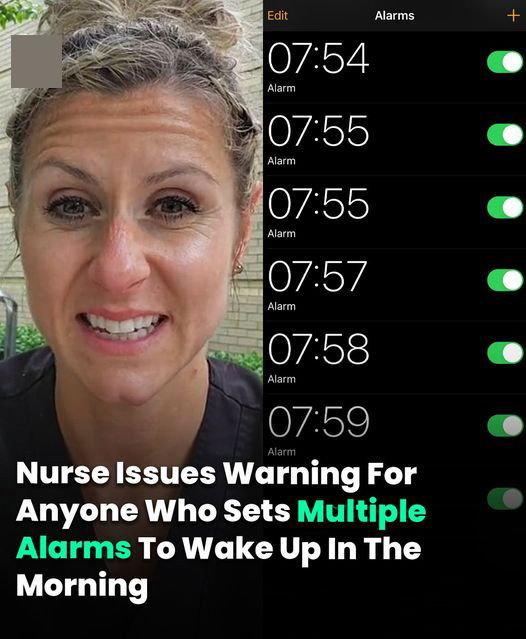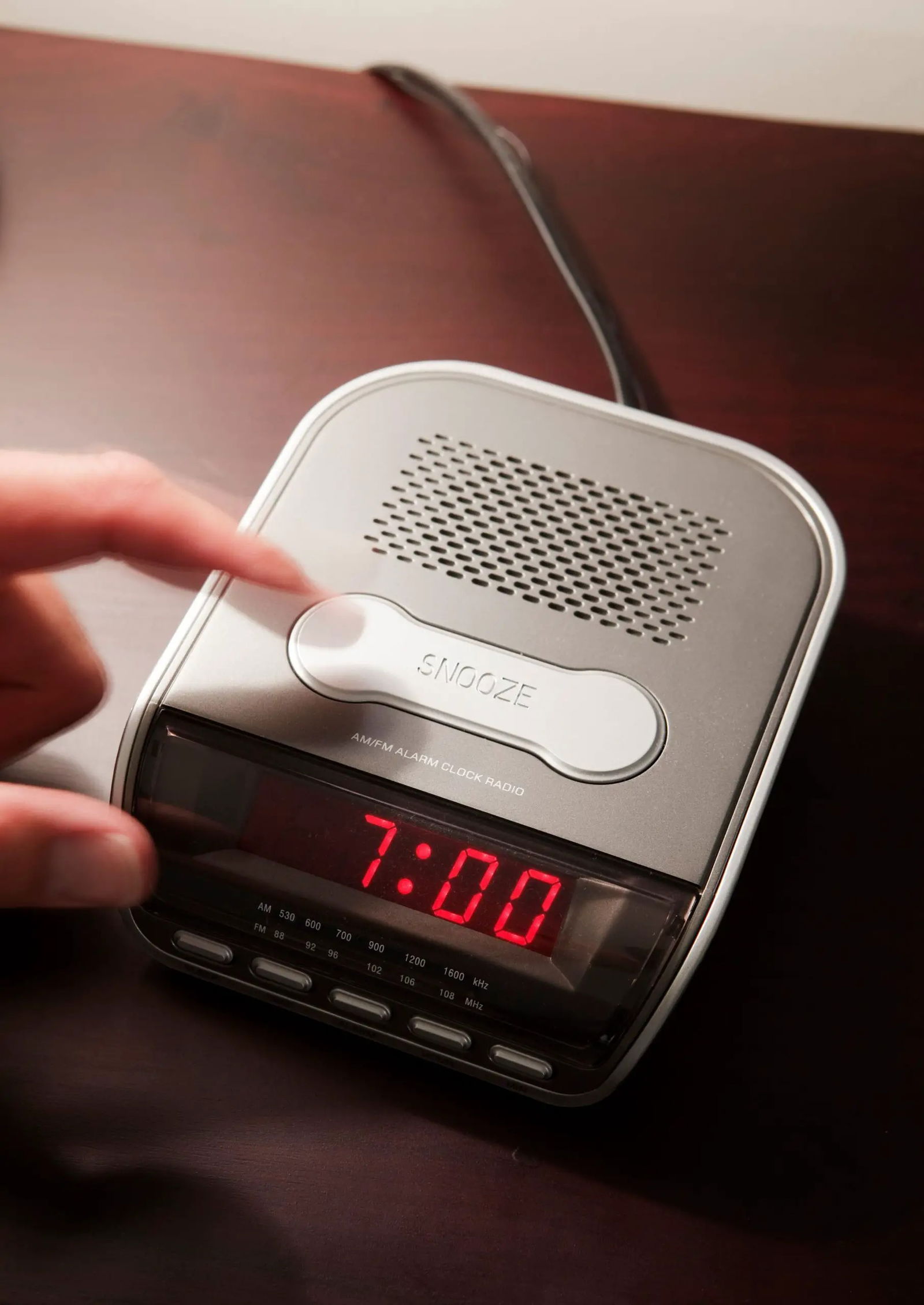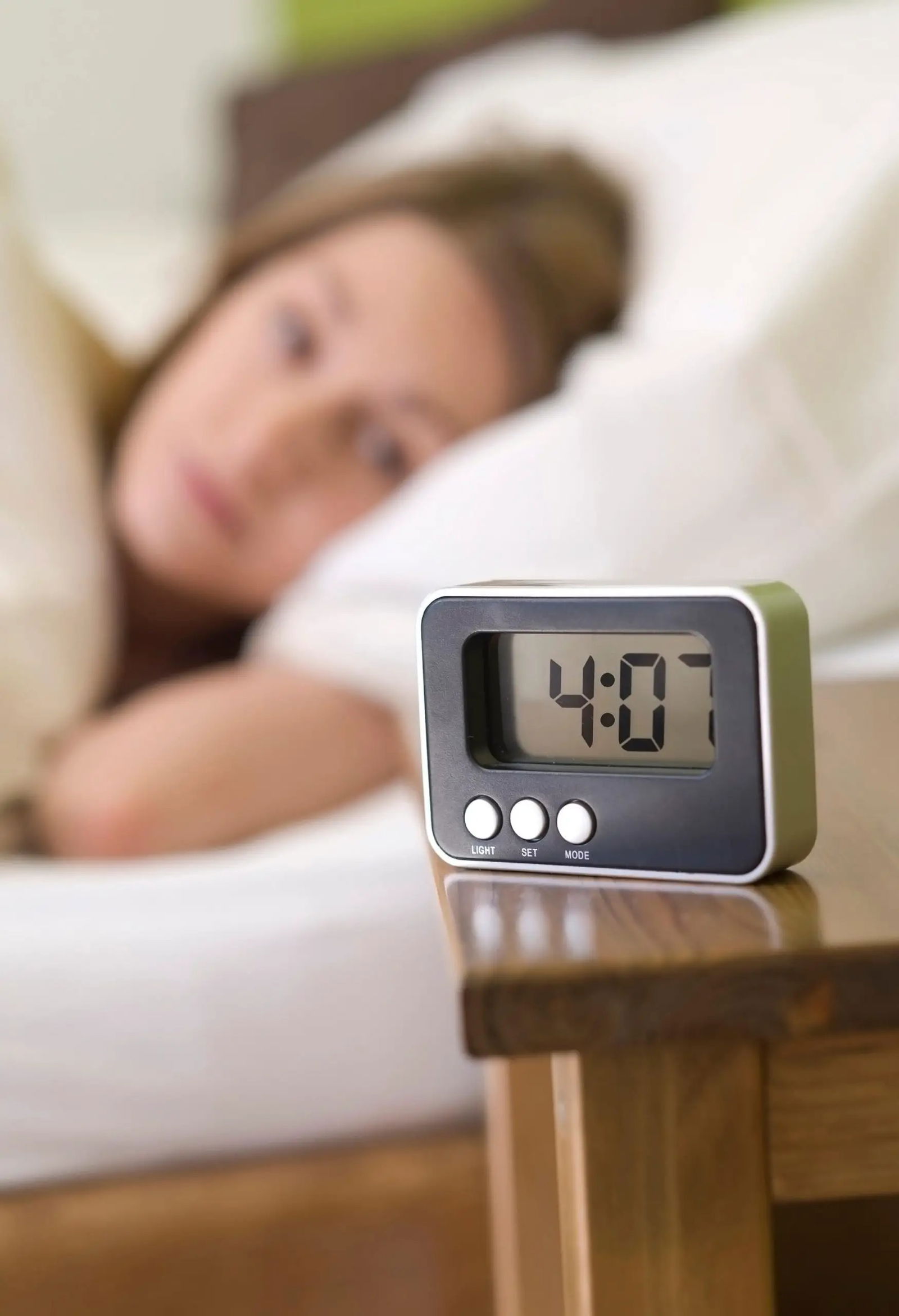
A nurse issues a warning to anyone who sets many alarms in the morning.
Setting several alarms can be a convenient solution for many people, especially night owls or sleep-deprived parents, to ensure they get up in the morning.
Although this appears to be the simplest technique to ensure that you wake up on time, it turns out to be counterproductive.
Nurse Jordan Bruss went viral after telling her TikTok followers to avoid setting repeated alarms.

People have expressed concern over the nurse’s video, with one viewer saying, “If I could wake up with just one alarm, do you think I would use so many?”
Another says, “I can’t just ‘get up.'”
“Okay, well it’s either that or I don’t go to work,” groans a third.
In the viral video, nurse Bruss shows why this widespread procedure may be more harmful than beneficial.

The nurse warns that setting many alarms in the morning can interrupt your rapid eye movement (REM) sleep pattern.
According to Medical News Today, REM occurs when your brain and body undergo a variety of changes, including rapid eye movement, elevated heart rate, and blood pressure.
It can cause a variety of unpleasant effects, including sleep inertia (a disoriented feeling when waking up), increased tiredness throughout the day, chronic weariness, mood changes, and raised cortisol levels, which are ‘your body’s major stress hormone, according to WebMD.
When an alarm goes off, our bodies move into a ‘fight or flight’ response.
This quick burst of adrenaline is distressing, and when it occurs numerous times per morning, it might have long-term implications.
Bruss claims it can cause long-term stress, depression, cardiovascular problems, and even weight gain – yes, repeated alarm-induced stress can influence our waistlines.
However, the nurse is not the only expert to provide a caution.

Beatrix Schmidt, a sleep coach, says she used to set two to three alarms when she suffered from chronic insomnia.
She has observed numerous iterations of this tendency in clients, with one extreme case involving the person setting ‘almost 20 alarms, each five minutes apart.’
The biggest difficulty with several alarms is sleep fragmentation during the last few hours of sleep.
Sleep fragmentation is defined as periodic, brief sleep interruptions that cause excessive sleepiness throughout the day, according to Eight Sleep.
“Having this fragmentation at the end can really affect how energized you feel in the morning,” according to Schmidt.
The sleeping coach explains a common scenario: you wake up to the first alarm, snooze, and then fall asleep again.
The second alarm may motivate you to turn on the lights before falling asleep a second time.
Finally, the third or last alarm pulls you out of bed.
So, what’s the solution?

Bruss’ counsel is straightforward, but may be difficult for many: “When that alarm goes off in the morning, get up!”
The expert recommends two practical solutions for folks who oversleep.
First, she suggests relocating your alarm set away from your bed, causing you to get up and turn it off.
Schmidt suggests developing an important and enjoyable morning habit that you can look forward to, such as reading or listening to music – but not in bed!
“Why don’t you intentionally do something that actually brings some joy into your morning routine?” the sleep coach says.
Both experts also highlight how you shouldn’t expect yourself to be fully alert immediately upon waking, with Schmidt stressing: “Remember, waking up is a transition, not a switch!”
As Bruss puts it: “Don’t keep traumatizing yourself!”
https://www.tiktok.com/@jordan.bruss/video/7395543280852667690















